It always seemed odd that both Warner and Disney were releasing adaptations of The Jungle Book so close together. But having now seen both, you can see that they are wildly different takes on the classic Kipling novel. Andy Serkis is behind the latest version (both as director and Baloo), launching on Netflix on December 7, and we had the pleasure of sitting down with the immensely talented filmmaker and motion capture pioneer to discuss the complex road this film has travelled in order to reach our screens. He tells us his thoughts on the film’s sale to Netflix, and why he believes it can find a real home on the streaming platform. He also explains why he believes there were two films being made at the same time, and how his version differs from Disney’s.
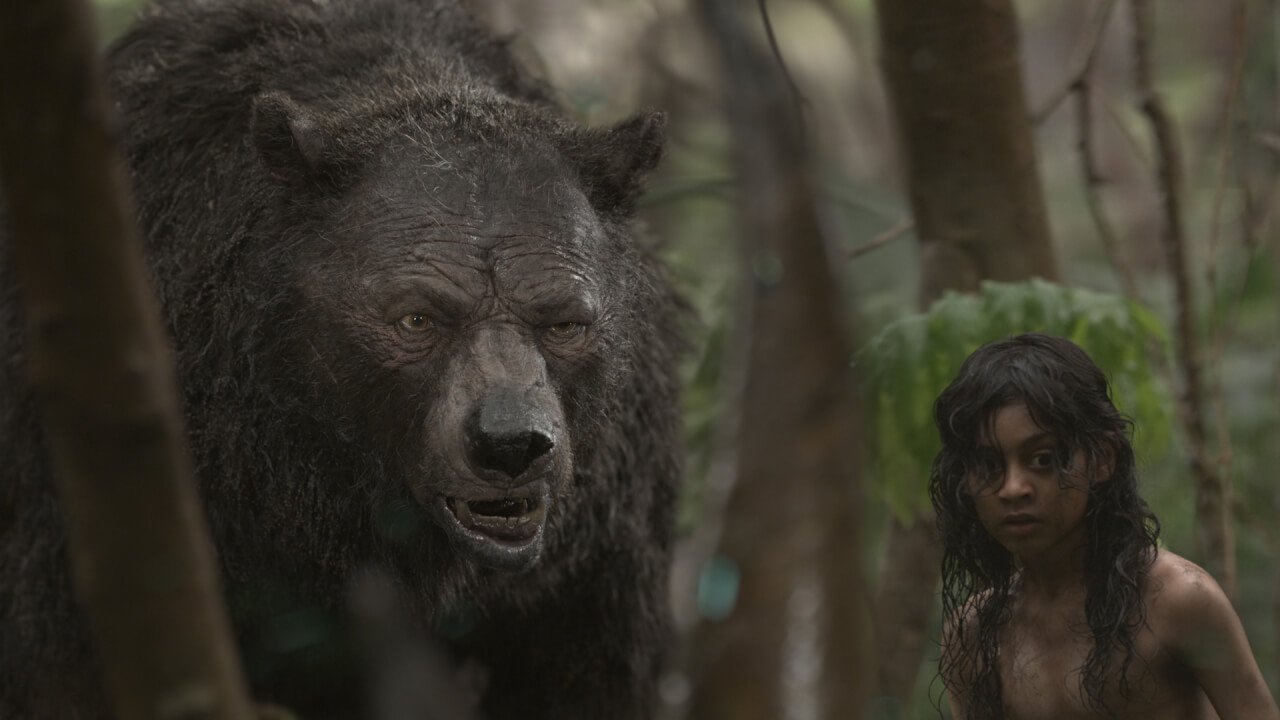
Mowgli feels like a project that had a few bumps in the road, it must be so great to be sat here now, ready for the world to see it?
It’s thrilling, it really is thrilling. It did have bumps, but the significant upturns were towards the end when Toby Emmerich came to me, as head of Warner Bros – who I’ve worked with on Lord of the Rings and The Hobbit trilogy – and he very astutely contacted Netflix and talked to them. He knew the film had been on a journey, and he said he wanted me to finish the film that I set out to make. It was really great having that affirmation after the Disney one had come out. People at Warners were slightly worried about how to box around that. Thinking through the chronology of everything, that was a really big, major turning point. Then, the experience of having Netflix take it on has been absolutely brilliant.
Is there ever a sense of feeling quite powerless as a filmmaker? You’ve got this project that feels very close to you, and while it has all worked out, it’s still out of your hands where it ends up?
You would think that, and that’s what I did think when I was first told that this is what they were thinking of doing. But that changed having spoken to the guys at Netflix. I think the 3D version of this film is better than the 2D version and I really want the audience to be able to see it, but certainly with Netflix’s ambition, now that the streaming side of things is working so magnificently for them, they are really interested in the theatrical component and actually are broadening that, I think. That’s why I feel confident and comfortable with the journey it has had.
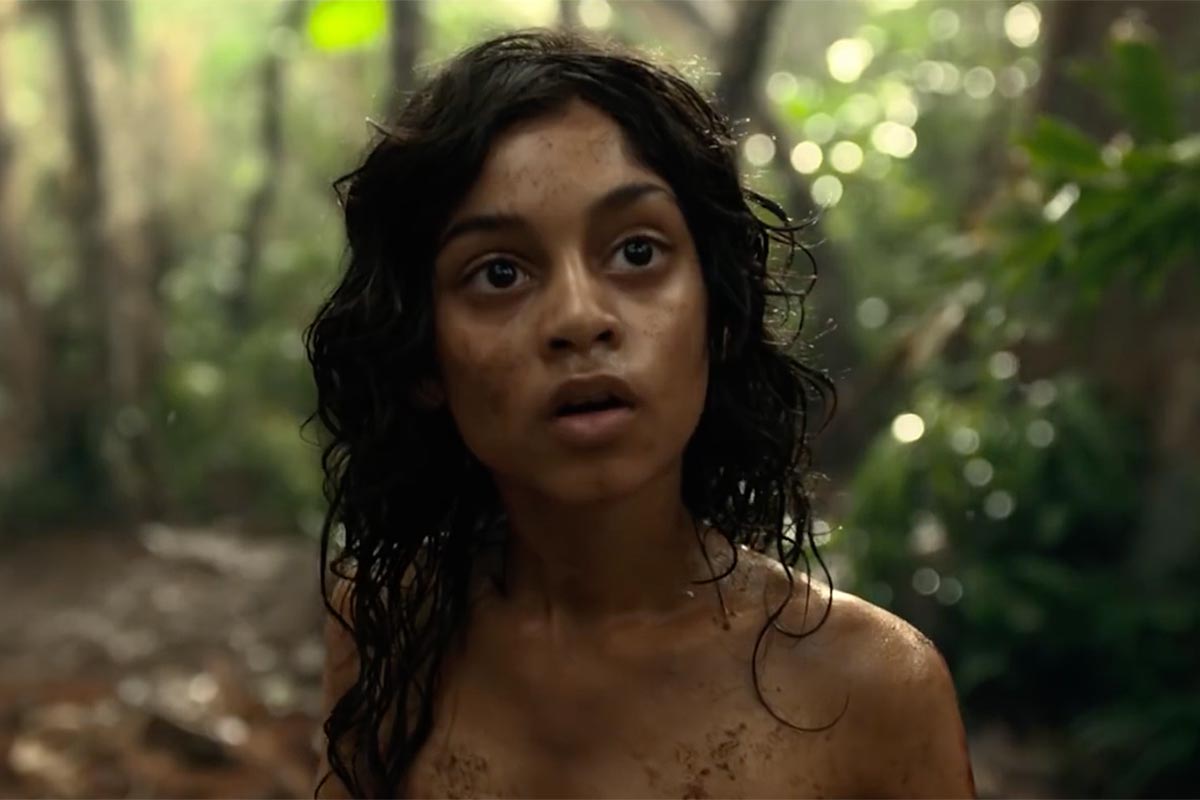
Netflix has accessibility too. With something like ROMA, which is such an amazing cinematic experience, the most important thing is that people see it. And thanks to Netflix, people will. As a filmmaker, surely you just want people to see your movies?
One hundred per cent. And actually with our film, this version and telling of The Jungle Book story, a lot of it takes place in close-up. A lot of it is looking right into the eyes of the animals, so it was always more of a drama than a spectacle. It works really well on a small screen, so it’s actually worked out really well.
This has come out so close to the other Jungle Book movie, you must have felt slightly perturbed by that? Even though the films are incredibly different, for two huge studios to release the same story at the same time is quite odd.
I think, to be honest, what happened was that ours was commissioned way back in 2011, before I came on board in 2013. People knew that Warners were making that film and for some reason Disney felt that they owned the franchise of The Jungle Book, which is not the case. It’s a public domain book that was written in the 1890s. I think there was certainly a bit of a boxing match between the two studios, so that was the beginning of the journey. Having said that, they are wildly different films, like you say, and it never bothered me for a second or made me question taking the job because there was competition. It’s not the first time in Hollywood’s history that two films have come around at the same time, and I know this is a big property, but I felt so confident in the way that we were telling this story that it would have its own identity. The biggest challenge has been getting people to just watch this film and not think about anything else and not compare it to the other movie. I’ve seen reviews that are going, “Oh, it’s an adaptation of the 1967 Disney animation.” No, it’s not. It’s nothing to do with them, get your facts right. There’s so much baggage that we’ve had to carry, which is unfortunate, but it’s not the end of the world. That’s why it’s almost like having a clean slate having it go to Netflix, because it means it will just be seen.
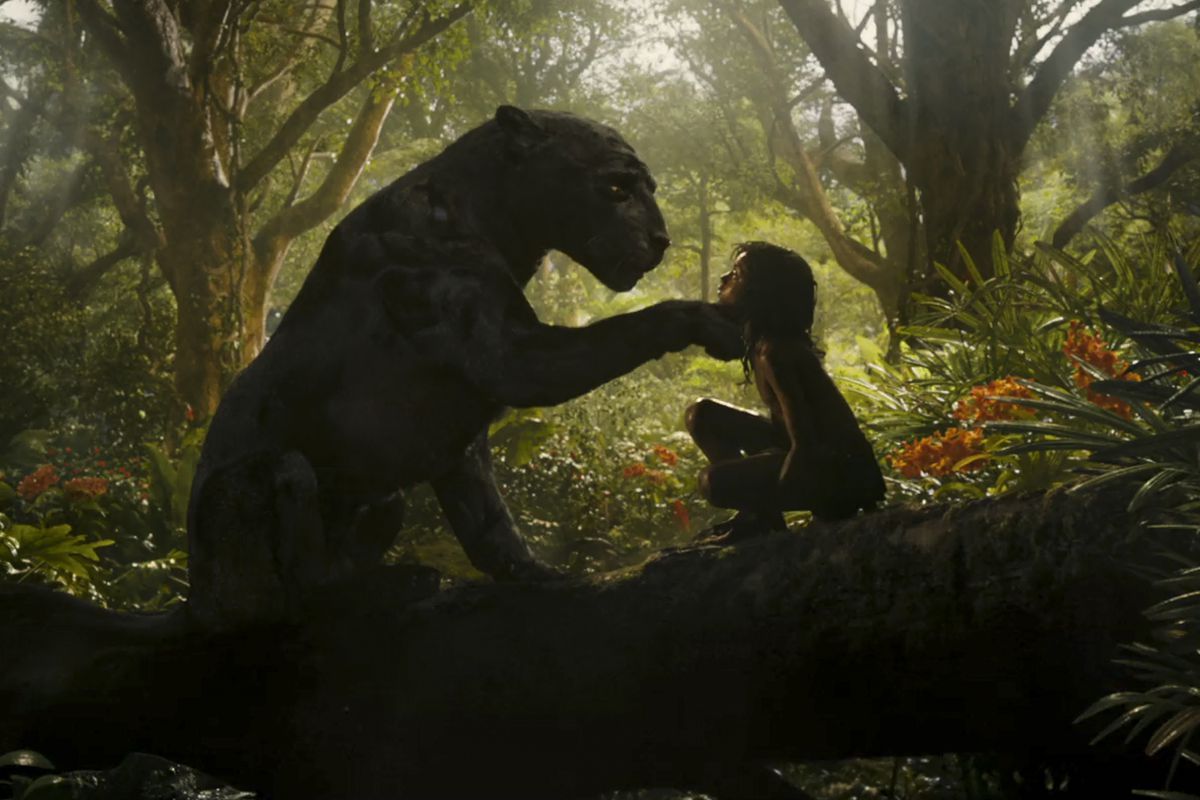
This is a very dark retelling – it’s very much an adaptation of the book, isn’t it?
It is, and hopefully it will drive people to go and see it. I’d like people to come away from this going, “I’d love to read the books now”, to see what the source material is like, because it is a great read.
There’s also an undercurrent, albeit quite subtle, of mankind ruining the jungle. How important is it that we explore themes of this nature through the medium of mainstream entertainment? And why is that such themes are often most impactful when dressed up in fantasy?
They do, they do. Absolutely. And that’s why I love this world and I love the metaphors. It’s the same with the Apes movies, because you do have this huge in-built audience. We’re not politicians, we’re not policy makers, we’re artists, but we try and speak about the world that we live in in a way that is accessible, that you can communicate using a platform, literally a platform, to speak to lots of people about the human condition.
Mowgli: Legend Of The Jungle is in select cinemas and launches on Netflix on December 7
Watch the official trailer for Mowgli: Legend Of The Jungle here:


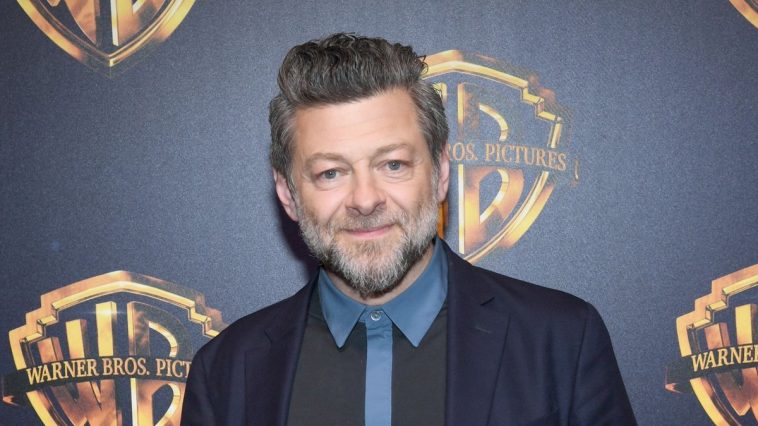
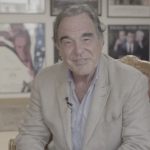




Leave a Comment